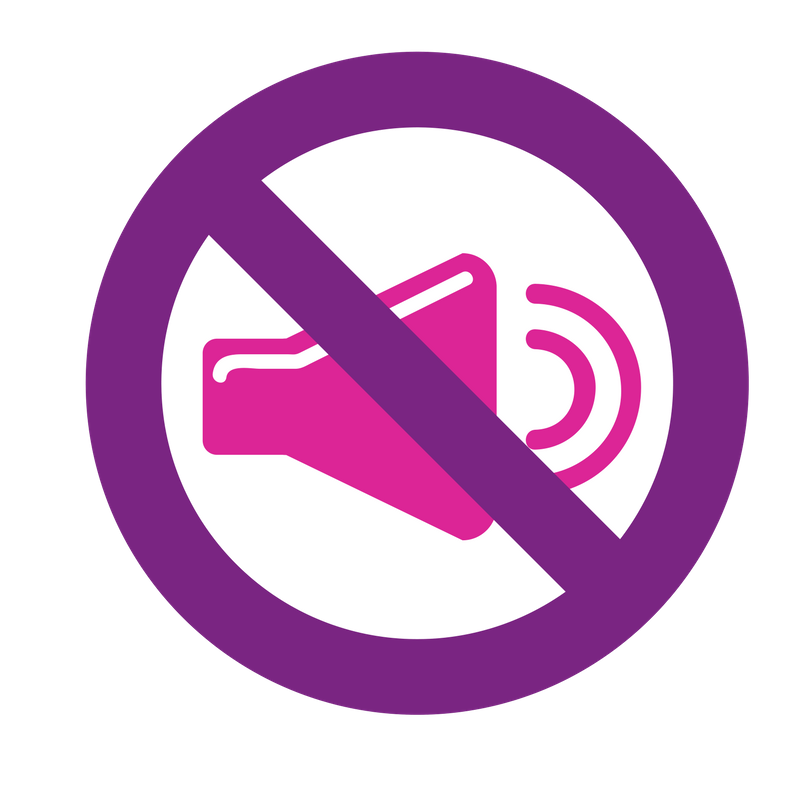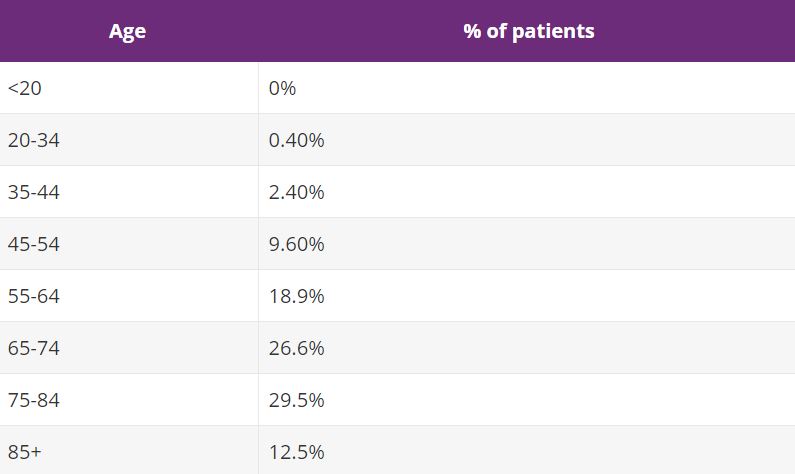Pancreatic cancer is a silent killer – and other myths
Being diagnosed with cancer can be a stressful time for patients, friends and families. The statistics surrounding pancreatic cancer in particular can understandably cause anxiety, and internet searches can often lead to misinformation that can cause further worry. Here we have compiled a short list of the common myths surrounding pancreatic cancer that will hopefully answer some of the questions you might have.
Pancreatic cancer is a silent killer.
 This is a common misconception which is fuelled by lack of awareness of the signs and symptoms of the disease.
This is a common misconception which is fuelled by lack of awareness of the signs and symptoms of the disease.
There are signs and symptoms of pancreatic cancer, which may seem vague and sometimes cross over with other illnesses. It can be easy to brush of indigestion, mid-back pain and weight loss, but knowing that they are symptoms of pancreatic cancer can save lives.
Our advice is if you experience one or more of these symptoms which are persistent and not normal for you – visit your GP.
By increasing awareness of the signs and symptoms of pancreatic cancer, more referrals for scans and potentially life saving surgery can be issued to patients.
Pancreatic cancer is always deadly.
Pancreatic cancer can be treated – with surgery – if diagnosed early enough. In other words, if there is no sign that the tumour has spread beyond the pancreas and you are fit enough to undergo surgery, your doctors may decide to remove the tumour. Click here for more information about when surgery is possible.
Although pancreatic cancer is the UK’s fifth biggest cancer killer and the survival rate is just 5%, it is important to remember that there are lots of survival stories from a variety of different people. Early diagnosis is possible.
Click on the images below to read their stories.
There is only one kind of pancreatic cancer.
Pancreatic cancer occurs when a malignant tumour forms in the pancreas. There are two main types of pancreatic cancer:
| Exocrine tumours | Endocrine tumours |
| These make up 90% of all pancreatic cancer cases and come from the cells that line the ducts in the pancreas which carry digestive juices into the intestine. | These make up 10% of pancreatic cancer cases and sometimes make hormones such as insulin and glucagon to control blood sugar. |
For more detailed information about the two different types of pancreatic cancer, click here.
Pancreatic cancer only affects men
Pancreatic cancer affects men and women equally. Everybody has a pancreas, its main functions being to help break down food; and use and store energy from food. It is found deep inside the body, behind the stomach and in front of the spine.
The estimated lifetime risk of contracting pancreatic cancer is relatively low at 1 in 73 for men and 1 in 74 for women.
Pancreatic cancer only affects older people
The likelihood of having pancreatic cancer does increase with age, this is the biggest risk factor. The average age of diagnosis of pancreatic cancer is 72. However, there is evidence that shows people of all ages can be diagnosed with pancreatic cancer.
40% of all patients diagnosed in England between 2005 and 2009 were under the age of 691

Clinical trials are for people who have run out of options.

If a clinical trial is available to take part in, they are always optional. They offer the opportunity to trial new treatment, which may or may not be more successful than previous treatments for a particular disease. Clinical trials help doctors and researchers learn how best to treat diseases in the future and provide important evidence for future research projects.
There are three (clinical) stages a drug (or other treatments) passes through before it becomes available as an accepted treatment. Before a drug can be assessed in a trial there will have been many years of development in research laboratories, the initial results of which suggest that there is a potential theoretical benefit to using the drug in patients.
If you would like to find out more about clinical trials, click here.
If you are ever worried that you might experiencing signs or symptoms of pancreatic cancer, it is important that you express your concerns to your GP.



